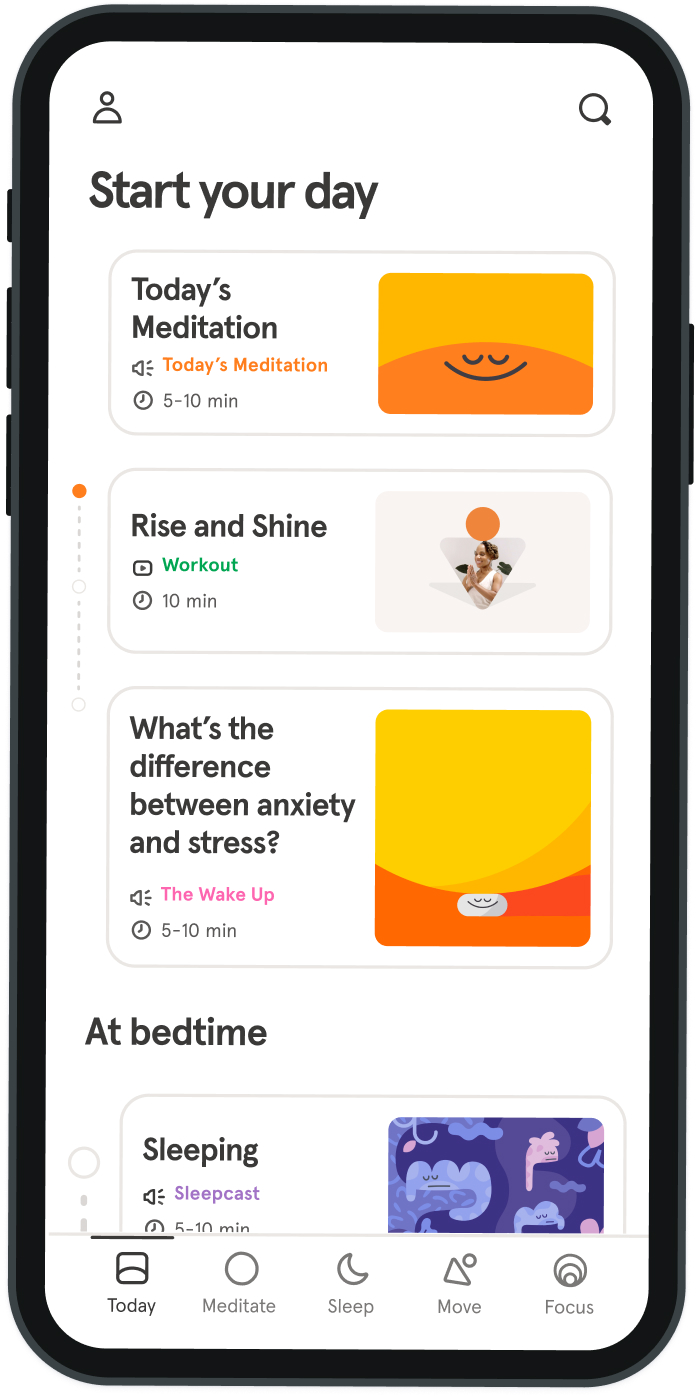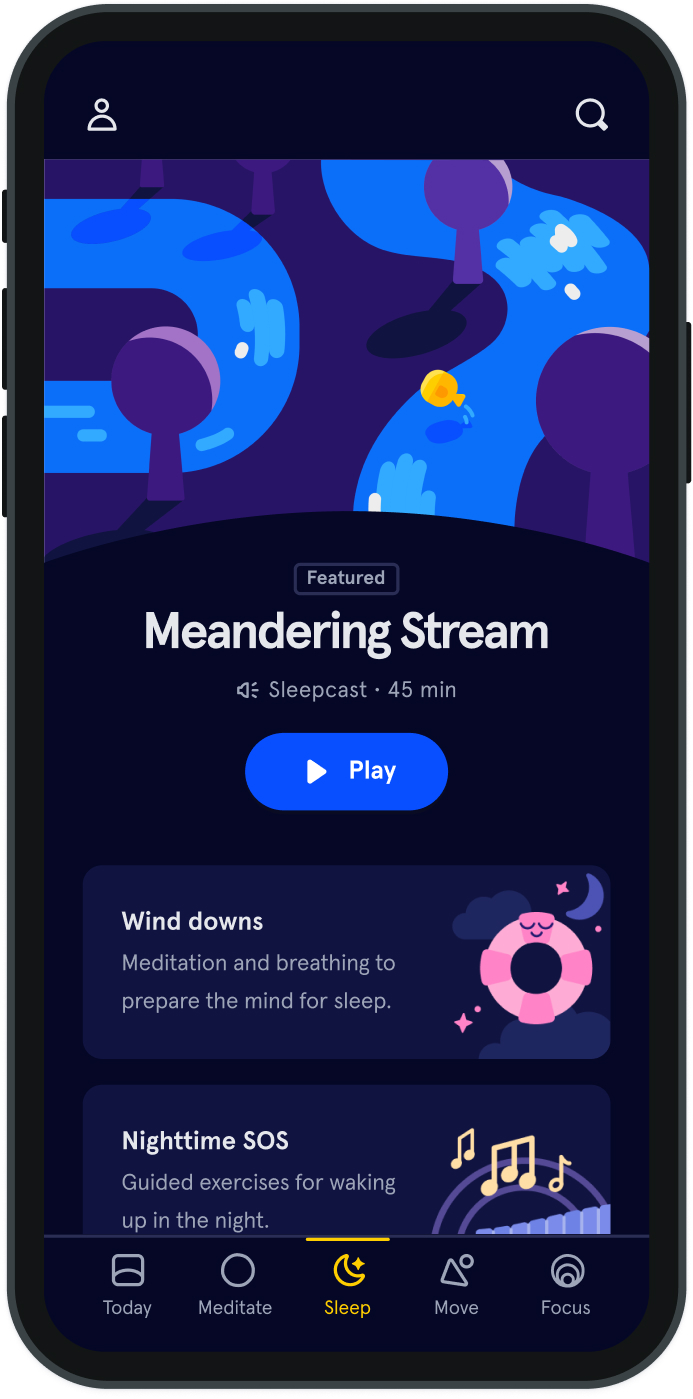Are you too competitive?
Competition is everywhere, and it can be thrilling: the dizzying excitement before a competitive job interview, beating your personal best time on a run and building confidence.
Even watching someone else compete to survive on islands, sing, cook, design dresses, win football championships, or land the perfect dismount can send addictive chills down our spine. But how do we know when friendly competition turns into something more toxic? Let’s first consider how competition can be healthy. Ever found yourself motivated by a competitor or contest? The concept of healthy competition often appears in psycho-educational research. A 2015 study suggests that academic game competition could help motivate and improve learning. Second-year medical students were recruited to play a digital anatomy game. After three matches with a partner, nearly 90 percent of participants agreed that the game was engaging. Seventy-five percent of participants agreed they would play again if given the chance, particularly with someone considered their “equal.” Researchers suggest that the desire to play with a worthy opponent provides a happy balance of success and challenge, and therefore confidence continue improving.
On a global level, competition maintains a balance between businesses who rely on customers and customers who rely on their goods and services. Competition and consumer protection authorities emphasize the importance of a competitive market and empower consumers. Word of mouth has now shifted to customer review platforms where businesses from salons to dentists strive to offer the best services at prices you’ll love. If you didn’t like your hairdo, you can let others know online and then take your pick of five other great parlors in an instant. Like anything, of course, competition also has the potential to turn toxic. Former prime minister of India, Indira Gandhi said, “My grandfather told me that there were two kinds of people: those who do the work and those who take the credit. He told me to try to be in the first group; there was much less competition.” Her point? That burning ego can quickly take over the wheel. Suddenly greed for credit becomes the driving force rather than honest, meaningful work. Competition has been linked with dishonesty in psychology research. In a five-part study by Amos Schurr and Ilana Ritov, winning a game of chance was identified as a predictor of dishonest behavior in a subsequent game. After being declared a winner against a partner in a simple game, winners played a second game where they rolled dice under a cup and had to predict the numbers that would show up on the dice in order to win money. Only the participant could look under the cup to see if their prediction matched the actual dice roll, and they’d report it to the researcher who would pay them when correct. Researchers found that in comparison to a control group, those with the title of “winner” from a preceding game reported a significantly higher number of correct guesses, far higher than statistical odds and far higher than control group participants’ correct guesses. Schurr and Ritov suggest that post-win dishonesty has to do with winner entitlement, which they define as “the feeling that one is more deserving of preferential treatment than other people are.” Additionally, they emphasize that the kind of win that predicts dishonesty is not related to personal goal achievements but to the need to outperform others.
The most surprising part of this study’s findings is that these entitled winners—the ones who immediately felt comfortable lying and stealing money in a dice and cup game—were normal people. No history of narcissism or pathological lying—they had simply won a game of chance ahead of time. Knowing this can be jarring, but it can also help us stay grounded and honest in future moments of victory. Additionally, as much as competition can prompt productivity, one meta-analysis found that competition also stimulates anxiety and avoidance goals (e.g., “don’t spell words wrong in the spelling bee”) which typically undermine performance. Competition is associated with high levels of stress, and when continuously concerned for making mistakes, stress can become chronic and negatively affect physical and psychological health. When fear-inducing competition is unavoidable, we can turn to techniques like mindfully breathing, in and out, to help relieve tension. The key is not to pick a side—to love or hate competition—but rather to use discretion for when to toss your hat in the competition ring. When life invites you to compete for that ideal business client or learn the skeletal system to be the best physical therapist you can be, enjoy the fuel it brings and give it all you got. And if your ego starts to run away to the land of shiny gold medals, watch her go, take a breath, and go back to enjoying your work.

Competition has been linked with dishonesty in psychology research.
Rina Deshpande


Be kind to your mind
- Access the full library of 500+ meditations on everything from stress, to resilience, to compassion
- Put your mind to bed with sleep sounds, music, and wind-down exercises
- Make mindfulness a part of your daily routine with tension-releasing workouts, relaxing yoga, Focus music playlists, and more
Meditation and mindfulness for any mind, any mood, any goal

Stay in the loop
Be the first to get updates on our latest content, special offers, and new features.
By signing up, you’re agreeing to receive marketing emails from Headspace. You can unsubscribe at any time. For more details, check out our Privacy Policy.
- © 2025 Headspace Inc.
- Terms & conditions
- Privacy policy
- Consumer Health Data
- Your privacy choices
- CA Privacy Notice
